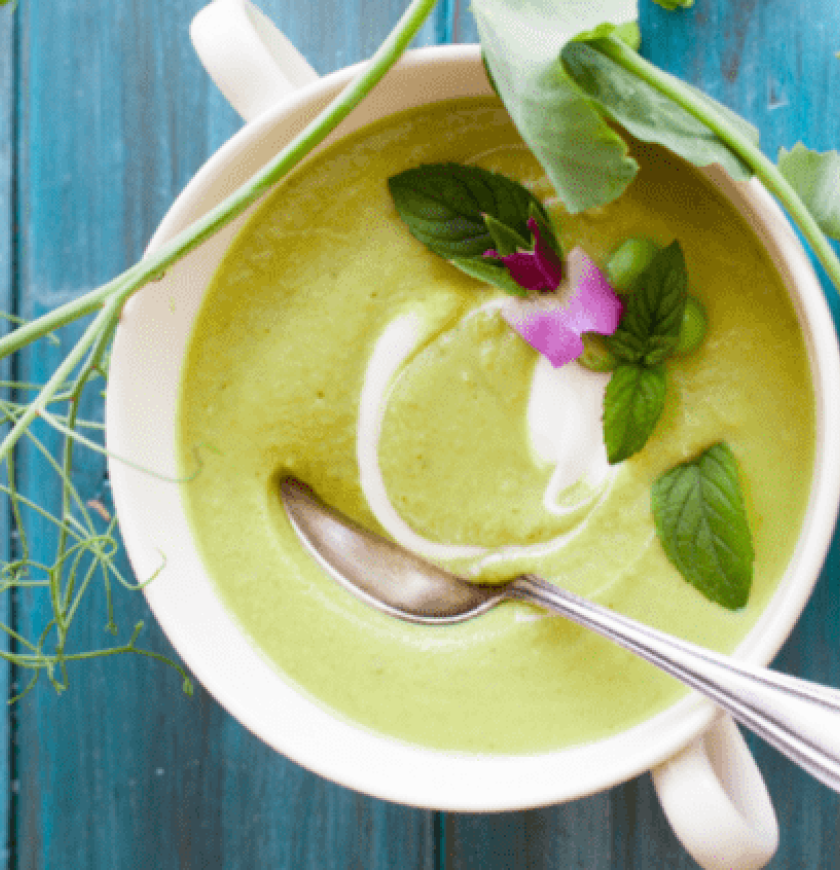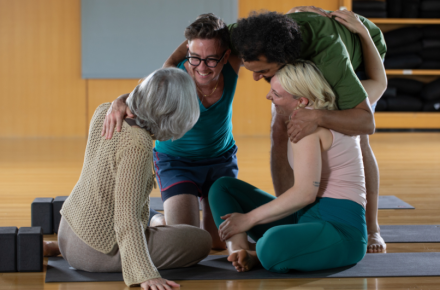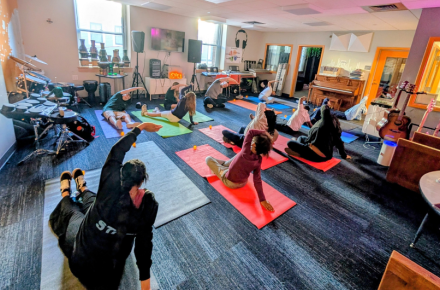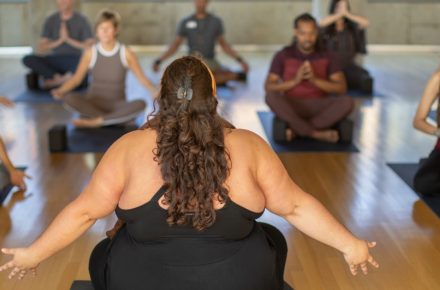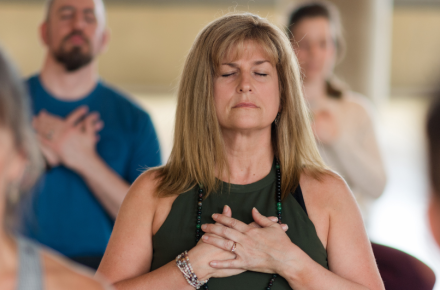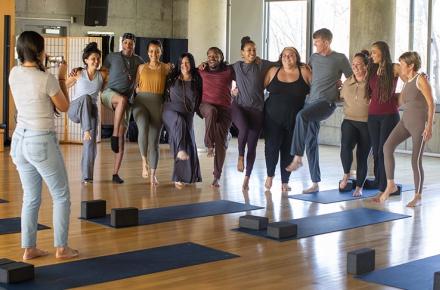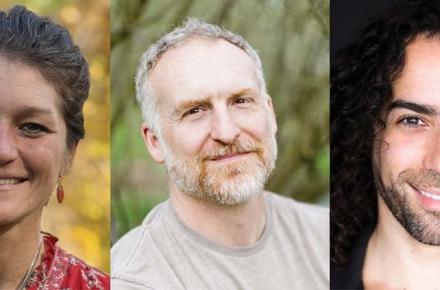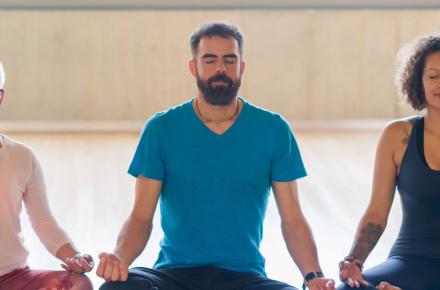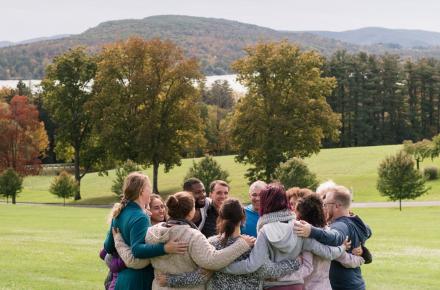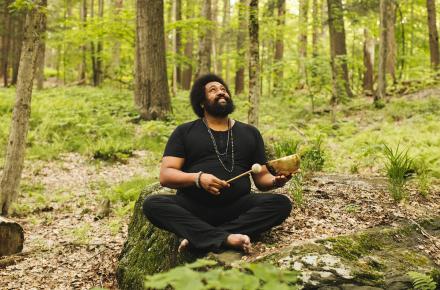A Working Guide to Lasting Happiness
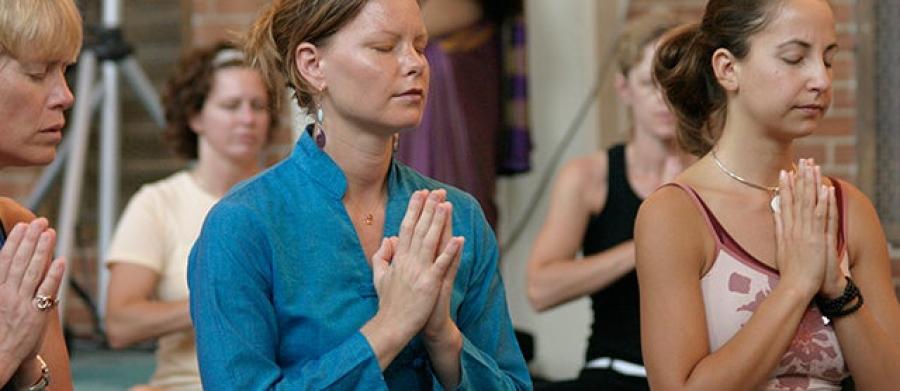
A recent study confirms what those in the field of positive psychology have been saying for years: Namely, happiness isn’t a state of being, but a process that must be worked at and practiced. The research, published in the journal BMC Public Health, found that focusing on the positive and using tools such as mindfulness and goal-setting increased well-being and reduced anxiety and depression.
How can you consciously create more happiness in your life? Here are a few suggestions:
Understand that every moment of every day offers you a choice. Researchers believe that, for most people, most of the time, life circumstances account for only 10 percent of our happiness. Another 50 percent is based on genetics. The good news is that the remaining 40 percent is up to us. Those people who focus on practices and attitudes that bolster happiness can significantly impact their general well-being.
Pursue a meaningful life. Maria Sirois, PsyD, who coteaches Kripalu’s Certificate in Wholebeing Positive Psychology, says the mistake that many people make is confusing happiness with immediate pleasure—the kind that comes from watching television, having sex, going on vacation, or eating junk food. But happiness is based on both pleasure and meaning: Human beings long to offer something to the world, big or small. Having a sense of purpose is crucial, and doesn’t depend on outer circumstances. You can be a stay-at-home mom on a tight budget, and your life can be full of meaning based on the energy you invest in parenting and relationships. Or you can have fame, fortune, and a prestigious job, and still feel devoid of meaning.
Set goals. In his book Happier: Learn the Secrets to Daily Joy and Lasting Fulfillment, Kripalu presenter Tal Ben-Shahar, PhD, maintains that having goals is necessary for sustained happiness. His research shows that people are most satisfied when they’re living fully in the moment, while simultaneously moving toward realizing their goals for the future.
While setting goals and achieving them brings a sense of fulfillment, this alone doesn’t contribute to higher levels of well-being. The overall journey itself needs to be pleasurable and engaging, though not every moment will be. Put another way, goals are means, not just ends: “It is not so much attaining goals as it is having them,” Tal explains, particularly when they are meaningful, challenging, and based on our true passions.
Find out about the Certificate in Wholebeing Positive Psychology at Kripalu.
© Kripalu Center for Yoga & Health. All rights reserved. To request permission to reprint, please e-mail editor@kripalu.org.




